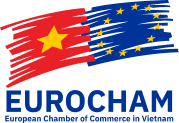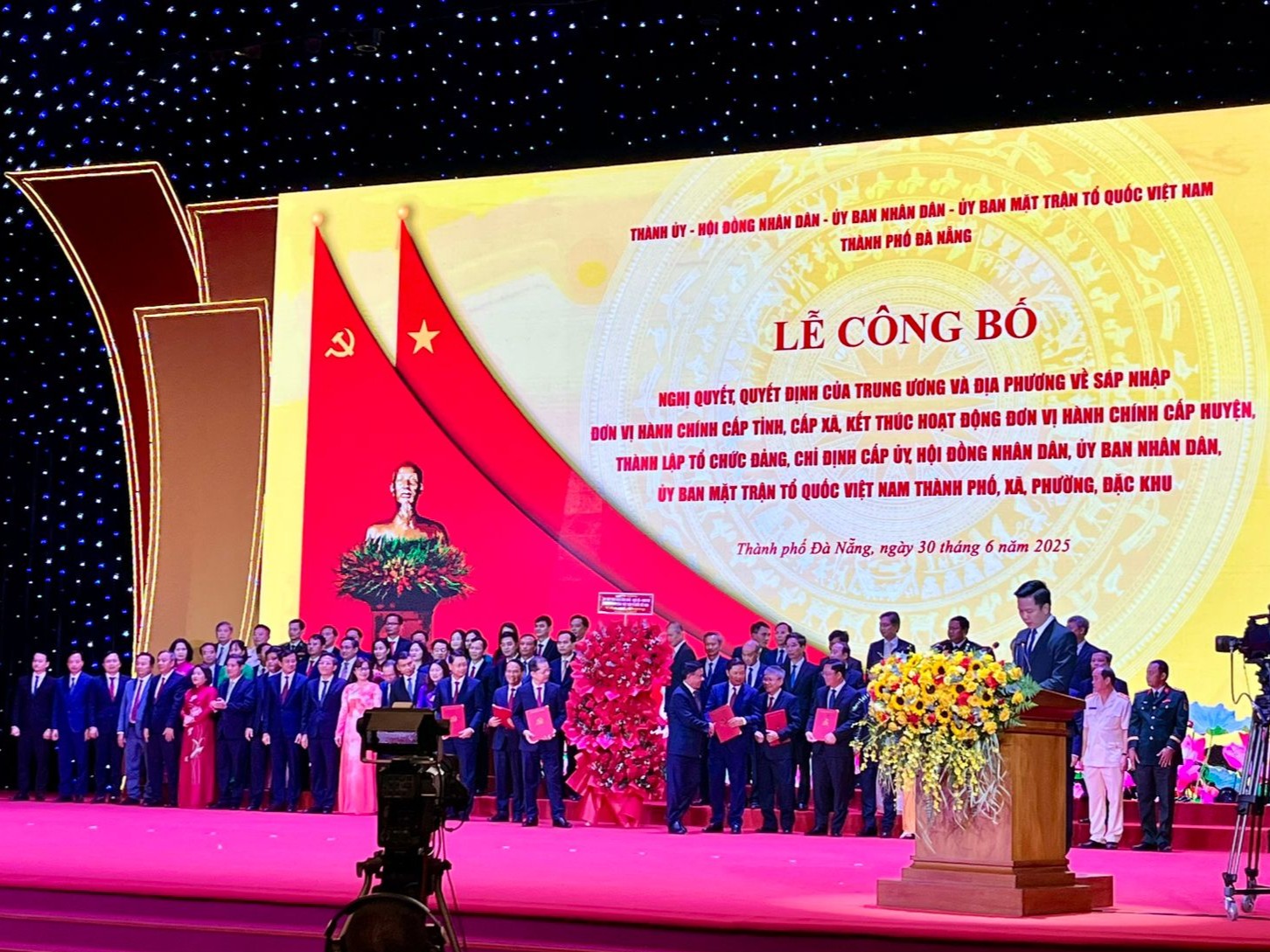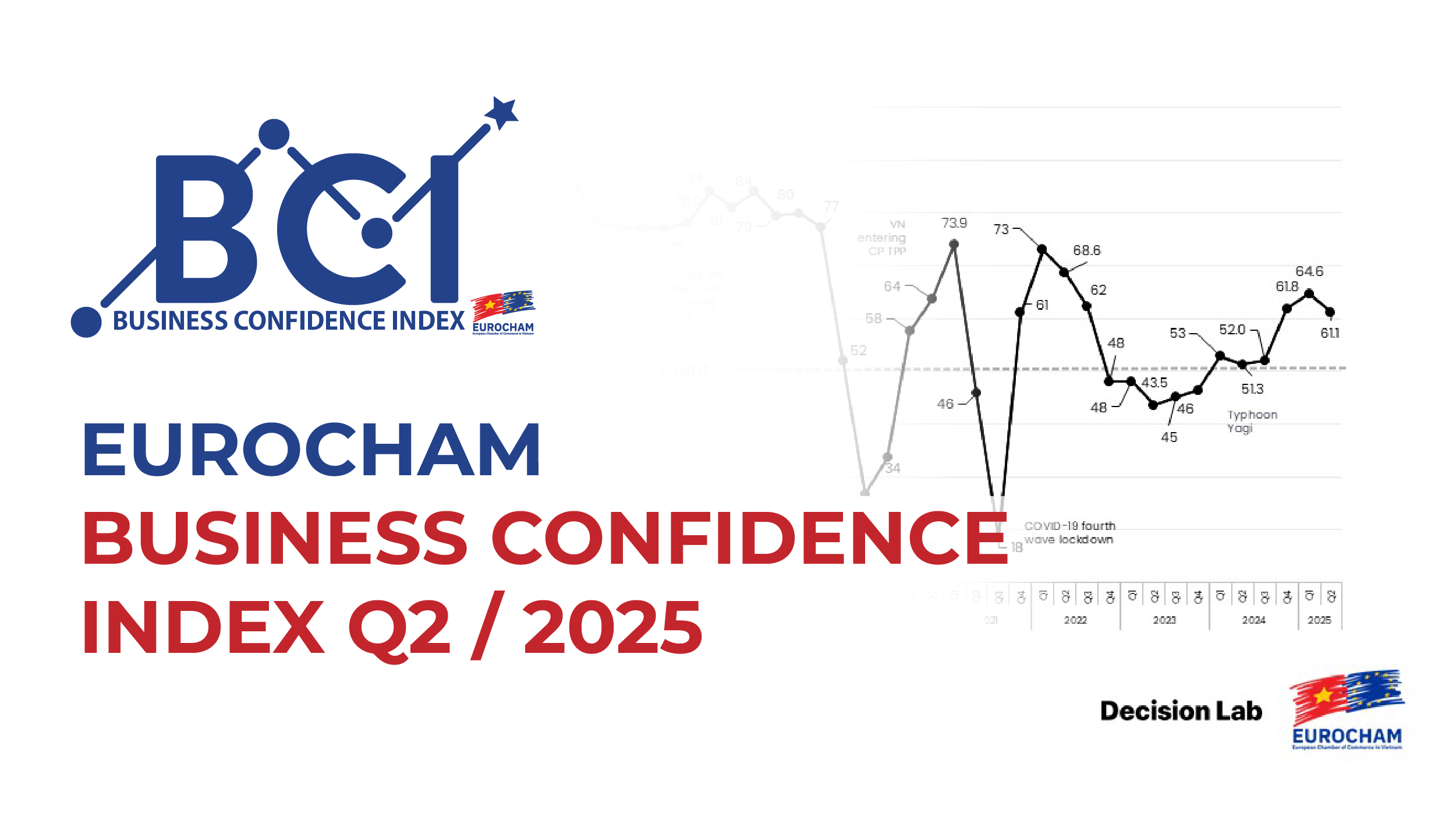CALL FOR PAPERS Partnerships of economic powers in Asia-Pacific
Ho Chi Minh Colloquium, Ho Chi Minh University of Law: 25-26 November 2019
Chiang Mai Colloquium, Chiang Mai University: 28-29 November 2019
Under the aegis of The French and Japanese Legal Network of Tours (Nihon-Europa) and the multidisciplinary Network "Nouvelles Dynamiques Partenariales Externes de l'UE en Asie-Pacifique" (NODYPEX) of Rennes. This event is a continuation of the déjà̀ actions undertaken by the two networks, in Hanoi, Tours and Rennes.
The European Union has concluded or will conclude several political and economic partnership agreements with Asia-Pacific countries (Malaysia, Singapore, Thailand, Philippines, Indonesia, Vietnam, South Korea, Japan, Australia, New Zealand, Chile, Mexico). Political or strategic partnership agreements have already been signed with all these countries except Mexico and Chile, which are contracting parties to a single agreement, and economic partnership agreements have been finalized with South Korea, Canada, Japan, Singapore and Vietnam.
This dense network of agreements, constituting the EU-Asia-Pacific pole, cannot be understood without coordination with the many agreements concluded or to be concluded between the various partners in the same region, and first of all the agreements concluded between the ASEAN countries and between ASEAN and its third partners in the area.
In parallel with the EU-Asia-Pacific and ASEAN poles, a third pole is emerging, which is divided into three overlapping groups: one group, led by Japan and Canada, with the Global and Progressive Trans-Pacific Partnership Agreement (PTCFP), another group led by China, with the Global Regional Economic Partnership Agreement (RCEP) and a group around the United States, with the recent US-Canada-Mexico Agreement (EUCM), and the South KoreanAmerican Free Trade Agreement (KORUS).
The whole problem is to know how these different poles, in constitution, which group together more than 80% of the world economy, are organized. More specifically, are the EuroAsian agreements as well as those with the American Pacific countries (AACC with Canada, revised global agreement with Mexico, future revised association agreement with Chile) built according to the same model as those of other regional partnerships of the EU and third countries? Do they have a specificity in terms of their content? How are these partnerships organised in the form of "Olympic rings", given that the European Union and several AsiaPacific States are located in several rings at the same time?
The distribution of the themes envisaged in the two conferences is more in line with organisational needs than with legal coherence.
I. ARCHITECTURE, STANDARDS AND IMPLEMENTATION
Draft programme of the Ho Chi Minh Colloquium, Ho Chi Minh University of Law: 25-26 November 2019
More specifically, in terms of architecture, do the EU-Asia-Pacific agreements demonstrate originality with their system of plural agreements, namely a partnership and cooperation agreement (PCA) or a strategic partnership agreement (SPA) and a free trade agreement (FTA) and an agreement on investment protection in relation to the construction of other agreements that may be developed under different rules? What are the convergences between the rights recognized in the various agreements and how are they transcribed into national laws?
Axis 1 : Comparative study of the architecture of partnership agreements: EU-Asia-Pacific, ASEAN, EUCM, KORUS, Global and Progressive Transpacific Partnership (PPTPP)
As an example:
Differentiated commitments of partners in partnership agreements ? comparative between EU agreements, PTCBS and EUCM
Binding and non-binding provisions in these agreements
Legal effects of these agreements (direct applicability or not)?
Axis 2 : Comparative study of the content of certain partnership agreements and their implementation
Sub-axis1 : Comparative study of some of the contents of the partnership agreements: EU-Asia-Pacific, ASEAN, EUCM, KORUS, Global and Progressive Transpacific Partnership
As an example:
The abolition of almost all customs duties with the delicate issue of "rules of origin".
The reduction of non-tariff barriers.
Recognition of geographical indications.
Liberalization of services.
The opening up of public procurement.
Consideration of intellectual property.
Sub-axis 2 : Comparative study of the procedures for transposing the provisions of partnership agreements into national law
As an example:
Compensation law.
Commercial diversion.
Sustainable development.
II. STRATEGIES AND CONTENT
Draft programme of the Chiang Mai symposium, Chiang Mai University: 28-29 November 2019
What is the strategy of the main protagonists according to their participation in the agreements of different poles? What are the convergences and normative divergences between the different partnerships?
Axis 1 : Strategy of the main partners, according to their participation within each cluster
US strategy, in the context of the EUCM, the Korus and the possible free trade agreement on industrial goods with the EU.
Japan's strategy in the context of its partnerships with the EU, ASEAN, and the TransPacific Global and Progressive Partnership (CPTPP).
Canada's strategy in its partnership with the EU, through the EUCM and PWFC.
Strategy of ASEAN and its member countries towards EU-Asia-Pacific partnerships and the CPTTP.
The positioning of ASEAN and its member states towards American unilateralism and American-Chinese trade confrontation.
Comparison between the EU's partnership with Asia-Pacific and North African countries (Deep and Comprehensive Free Trade Area (DCFTA) with Morocco and Tunisia).
China's strategy under its initiative on the new silk routes (The Belt and the Road Initiative -BRI).
Axis 2 : Normative convergences and divergences between the different partnerships: EU-AsiaPacific, ASEAN, EUCM, KORUS, Global and Progressive Transpacific Partnership (PPTPP)
As an example:
The different conceptions of the notion of "market economy" (EU/US/China) and their implications for partnerships Regulatory cooperation and convergence of regulatory practices in AACC, EUCM and PWFC.
Investment protection and investor-state dispute settlement.
Taking into account sustainable development and climate change.
The energy transition
Dialogue with civil society
Document Download Here: Link





